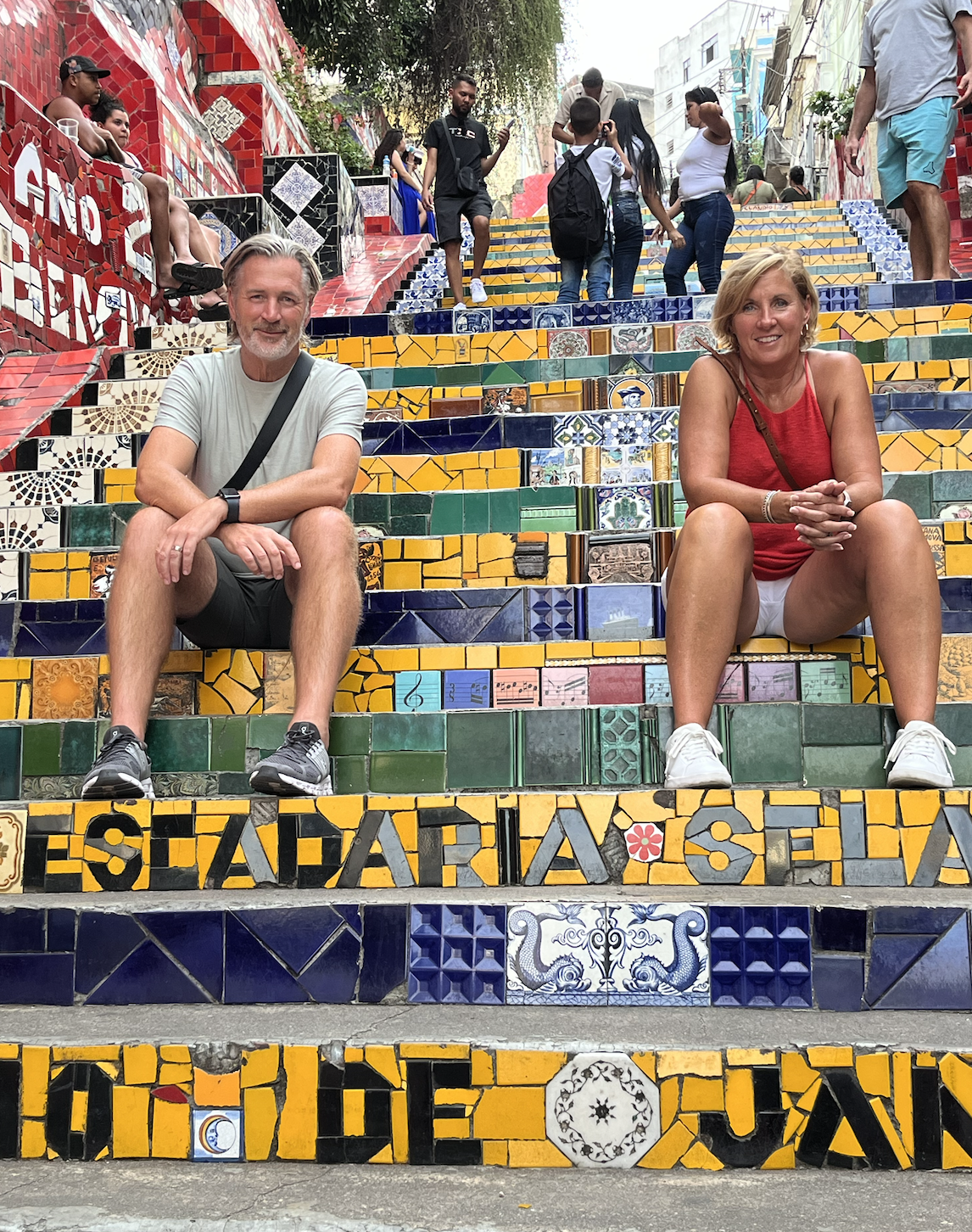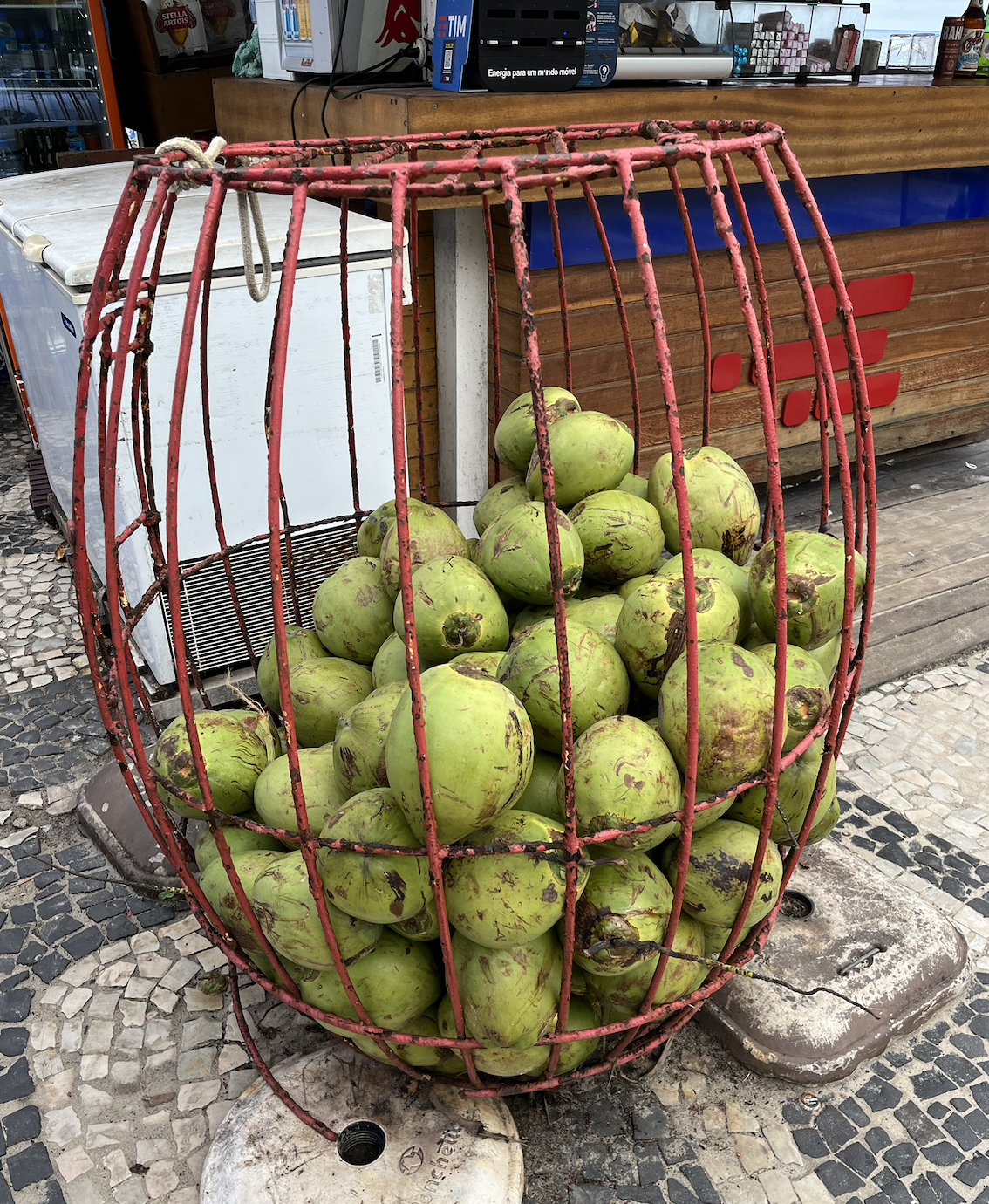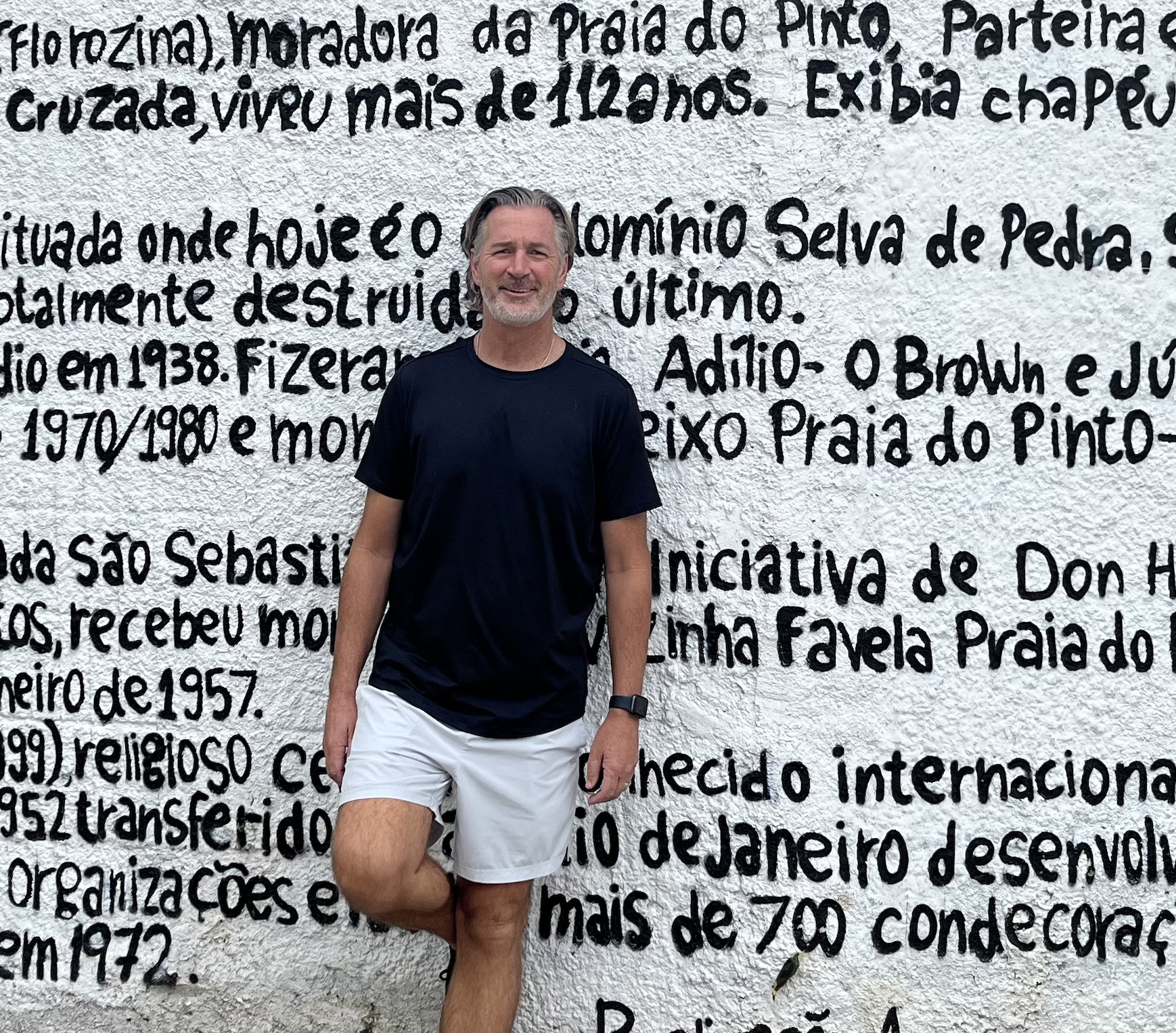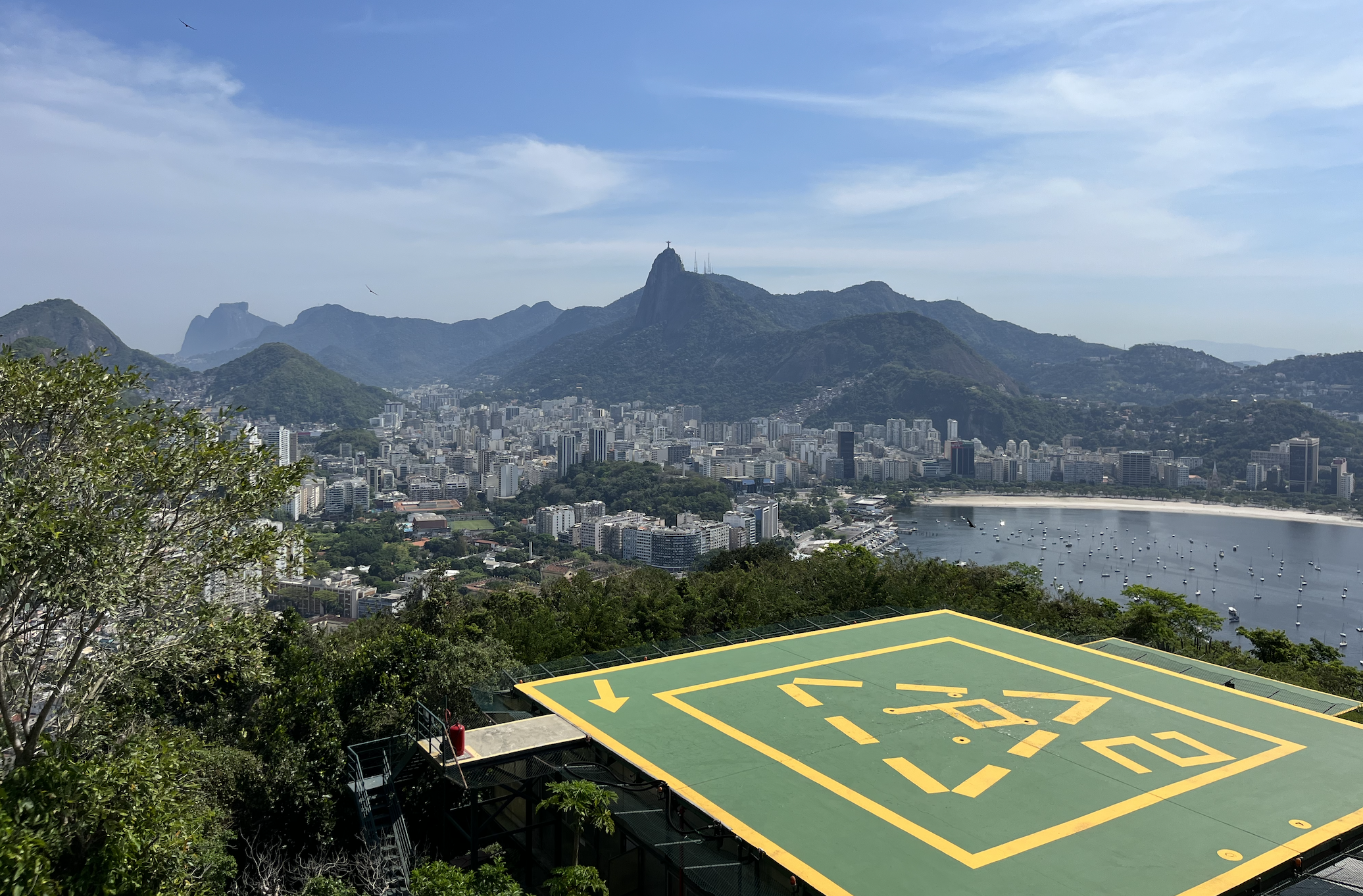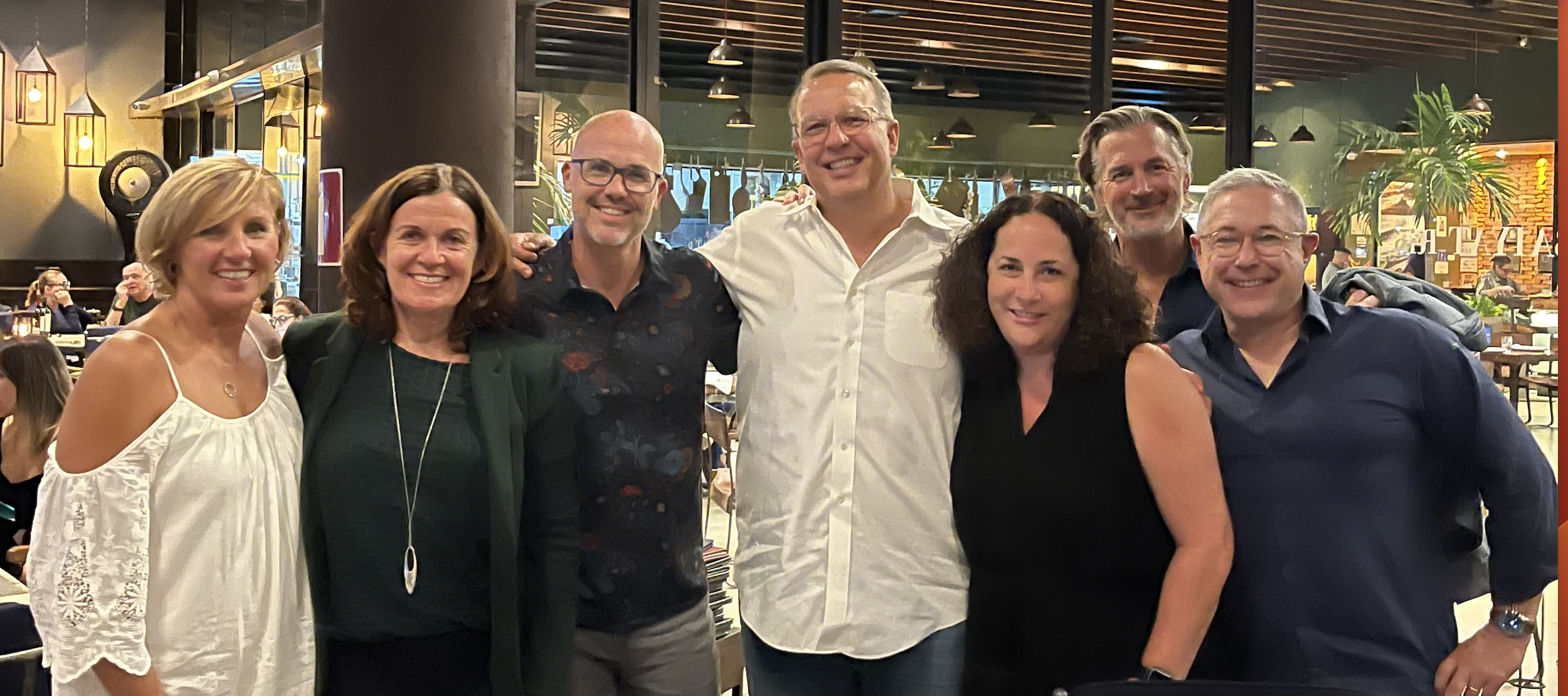Sep 6, 2023
New Leadership for New Times with AMISA in Brazil and South America
I am finishing up a brief excursion to Rio de Janeiro, Brazil, where I had the distinct opportunity to visit with international school leaders across South America. I was invited to speak on the topic of leadership by the American Schools in the Americas (AMISA), an extraordinary organization that we have done much work with during the past two years. The event was hosted by the American School of Rio de Janeiro, a sprawling, two campus facility serving the broad range of independent school age groups. My long-time wife and partner, as well as ISA member, Lisa, joined me on this amazing visit.
If you have not had an opportunity to learn about AMISA and their purpose, you should take a look at their website. They play a critical role in convening these amazing American schools throughout the region, providing best-in-class professional development, educational programming and strategic support.
Here are five takeaways from our week-long excursion to Cidade Maravilhosa, or the Marvelous City.
-
Rio de Janeiro is an amazing city, full of rich culture, vast cityscapes, and jaw-dropping natural vistas. Yes, there are must-see tourist places, including Christ the Redeemer monument (Corvocado), Sugar Loaf Mountain, the Escadaria Selarón, and Ipanema and Copacacabana Beaches, all of which are iconic and personally moving. But, it is also a very complex culture, divided by deep poverty, restricted communities, and caste systems, such as the flavelas that dot the city landscape.
-
Brazilians are warm and inclusive people by nature. Sure, they have their cultural divisions, where progressive thinking clashes with traditional values, but they are open-minded, welcoming and curious to learn different perspectives. It is one of the few places that I experienced where natural personal curiosity drives social interactions rather than personal judgement. People are eager to learn different perspectives and views of the world.
-
Educators are feeling some of the same educational trends that the balance of the world is experiencing, but with a different twist. The American schools serve a variety of audiences, but most commonly they serve Americans and North Americans abroad, native Brazilians seeking access to a high-quality preparatory education with English instruction, and non-American foreign dignitaries and business leaders seeking the same. In serving these diverse populations, the balance of tradition and innovation can be a tricky, complex tightrope, and school leaders must learn the context of their environment in order to achieve that cultural and educational equilibrium.
-
Rio has a remarkable commitment to environmental stewardship, far more than we had expected. Electric micro-transportation was used everywhere, from electric scooters, bikes and other small devices. Recycling was ubiquitous and well-maintained. The country has not yet moved into the electric car space, but we heard it is likely one generation away.
-
Personal fitness and wellness appear to be emerging commitments for the Cariocas. In the more prosperous areas where we stayed, Rio is literally an outdoor exercise and fitness paradise, with natives running, lifting weights, riding bikes, playing beach tennis – and, of course, playing every version of beach soccer that you could imagine. Meals are long – like most Latin cultures – where there is a real commitment to enjoying the meal and the people around the table.
We have been working with AMISA schools for nearly three years and, to be honest, I continue to be completely impressed by these schools. They are hungry to learn, to be the best version of themselves, and to be better connected to the world around them. They are humble, extraordinarily collaborative, and warm and gracious by nature. I made some new friends, including our host head of school Nigel Winnard, who I will stay connected with long beyond this visit.
A special thanks to both Dereck Rhodes (executive director) and Adam Slaton (chief learning officer) for inviting me and hosting this event. AMISA is a first-class organization with a deep understanding of these schools, their cultures, people and strategic needs. I am grateful that ISA is connected to them.


